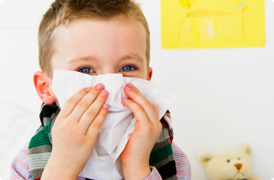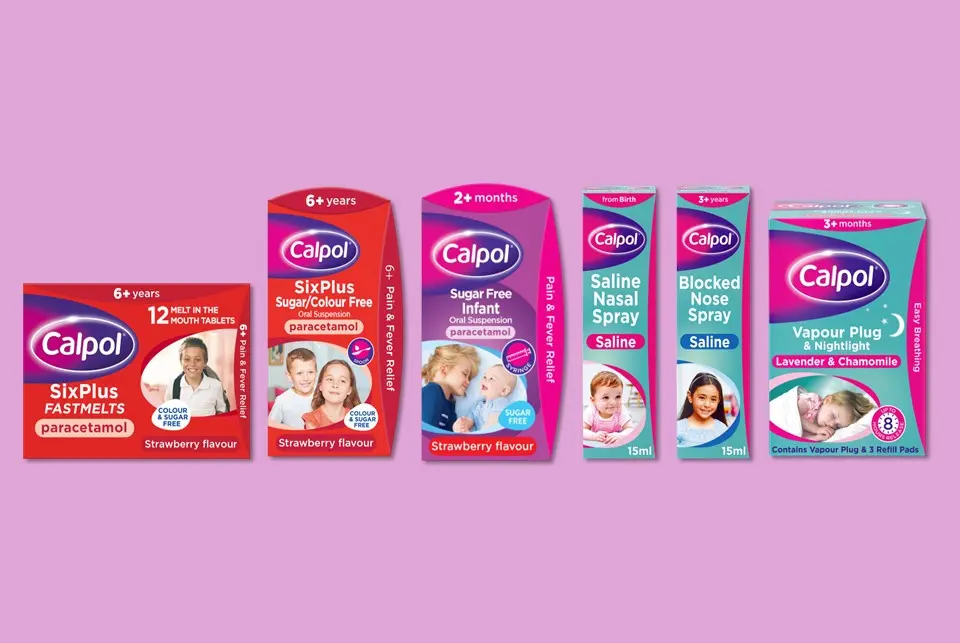
Answered on 11th January 2016
Most small, minor ulcers occur when there is some kind of accidental damage to the inside of the mouth. This may be the result of a cut from a sharp tooth or a piece of food, or your little one accidentally biting the inside of their cheek whilst eating. If your child has recently had a brace fitted, this can also be the trigger for a mouth ulcer.
The causes of mouth ulcers that occur on a regular basis are less well known. It is thought that there is a genetic link, with 40% of people who have recurrent mouth ulcers also reporting that other members of their family experience the same problem. Certain foods, particularly citric or acidic fruits such as lemons and strawberries, can also cause a mouth ulcer or make an existing ulcer problem worse. Other foods such as chocolate, peanuts, coffee, strawberries and cheese have also been known to cause recurrent ulcers. If your child has a lack of certain vitamins, or low iron levels, this could also be another cause. Mouth ulcers in your little one may also be a symptom of other common childhood illnesses. Recurrent mouth ulcers in your little one may also be a symptom of other childhood illnesses. Viral infections, such as chickenpox, cold sores, and hand, foot and mouth disease, may cause ulcers.
Some medications and treatments, such as ibuprofen and aspirin, can also cause mouth ulcers as a side effect.
(showing 4 of 4)

What is a mouth ulcer?
Answered on 11th January 2016

How is a mouth ulcer diagnosed in a child?
Answered on 11th January 2016

What is the best way to treat my child’s ulcer?
Answered on 11th January 2016

Are there any measures that I can take to prevent my child from getting mouth ulcers?
Answered on 11th January 2016
Related heath advice articles

Fever (high temperature)
What’s normal for your little one? And how can you soothe a high temperature?

Post-immunisation fever
A mild fever after an immunisation is common. So how can you make your baby feel better?

Aches & pains
With all that growing up to do, your baby is bound to feel a few aches and pains along the way.

